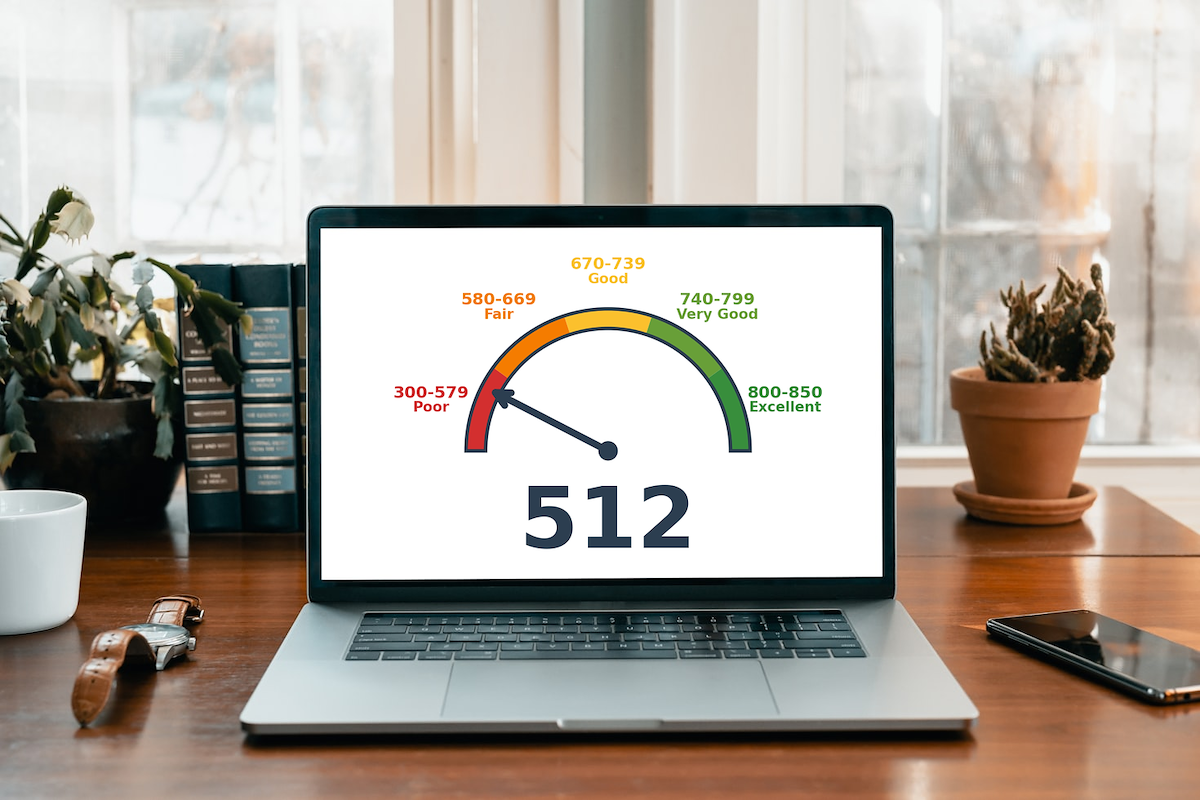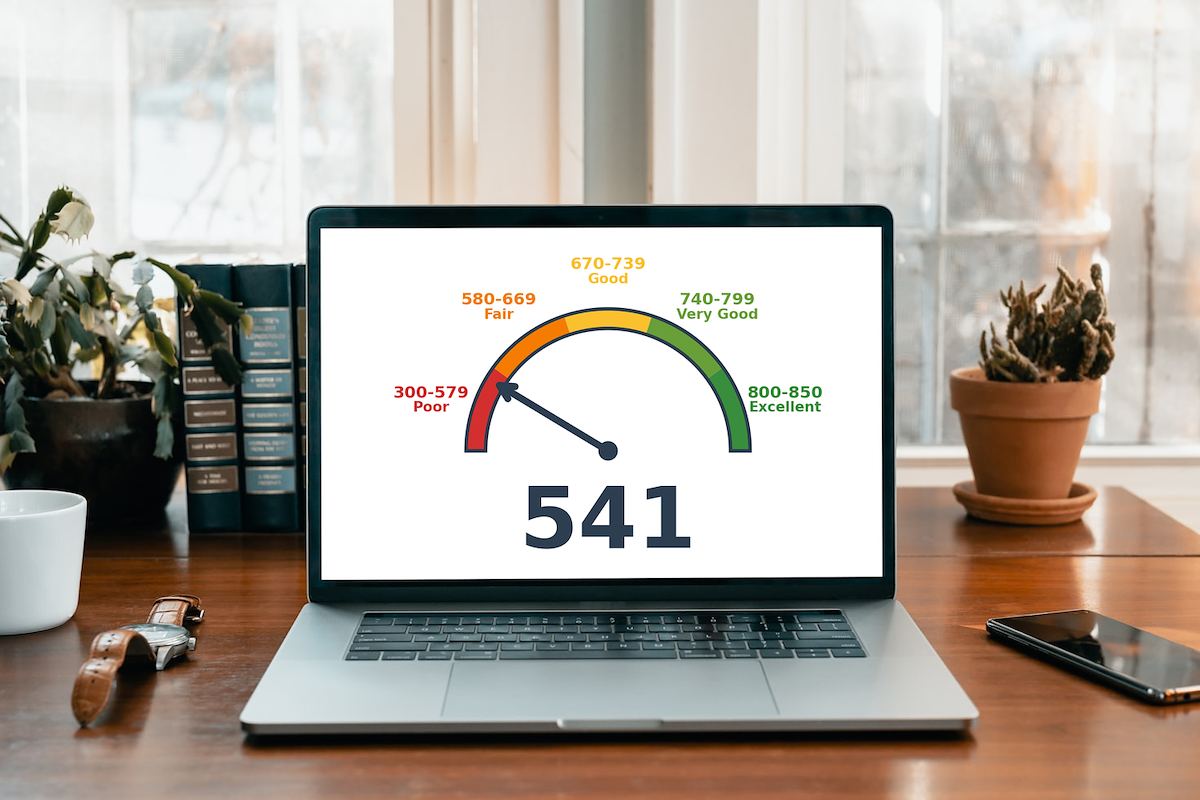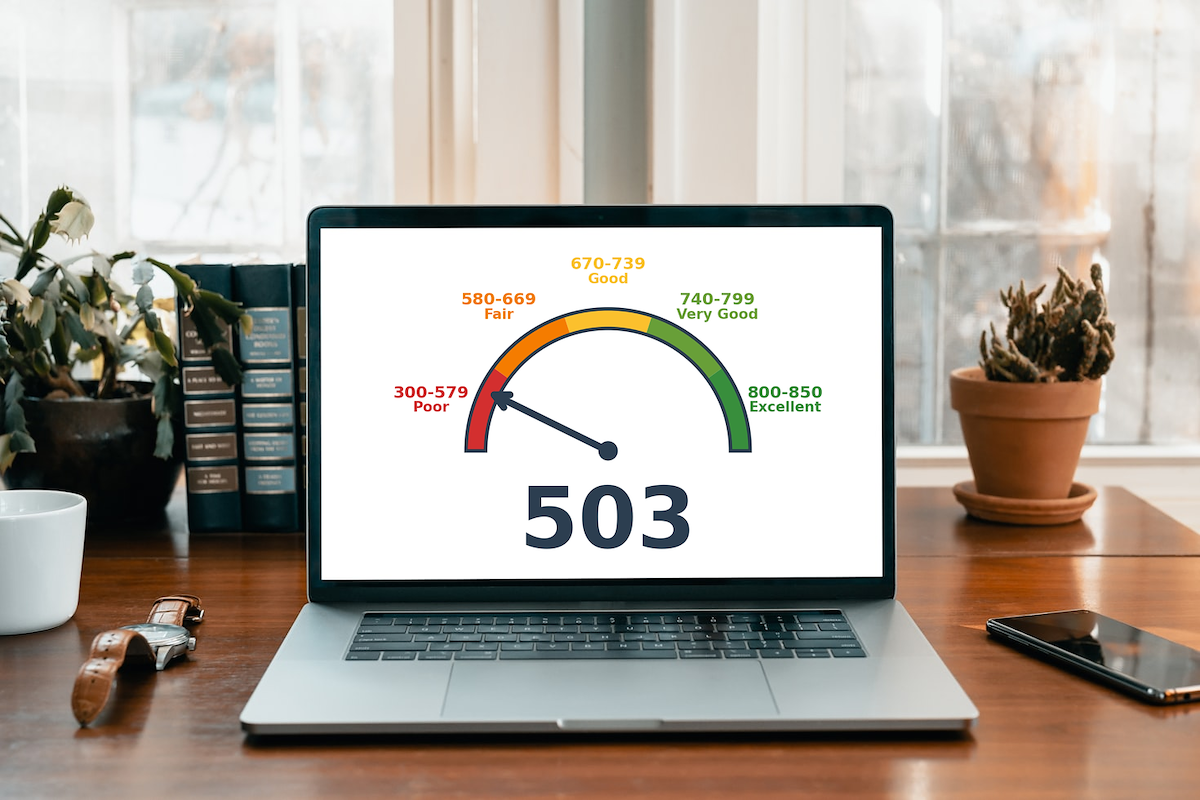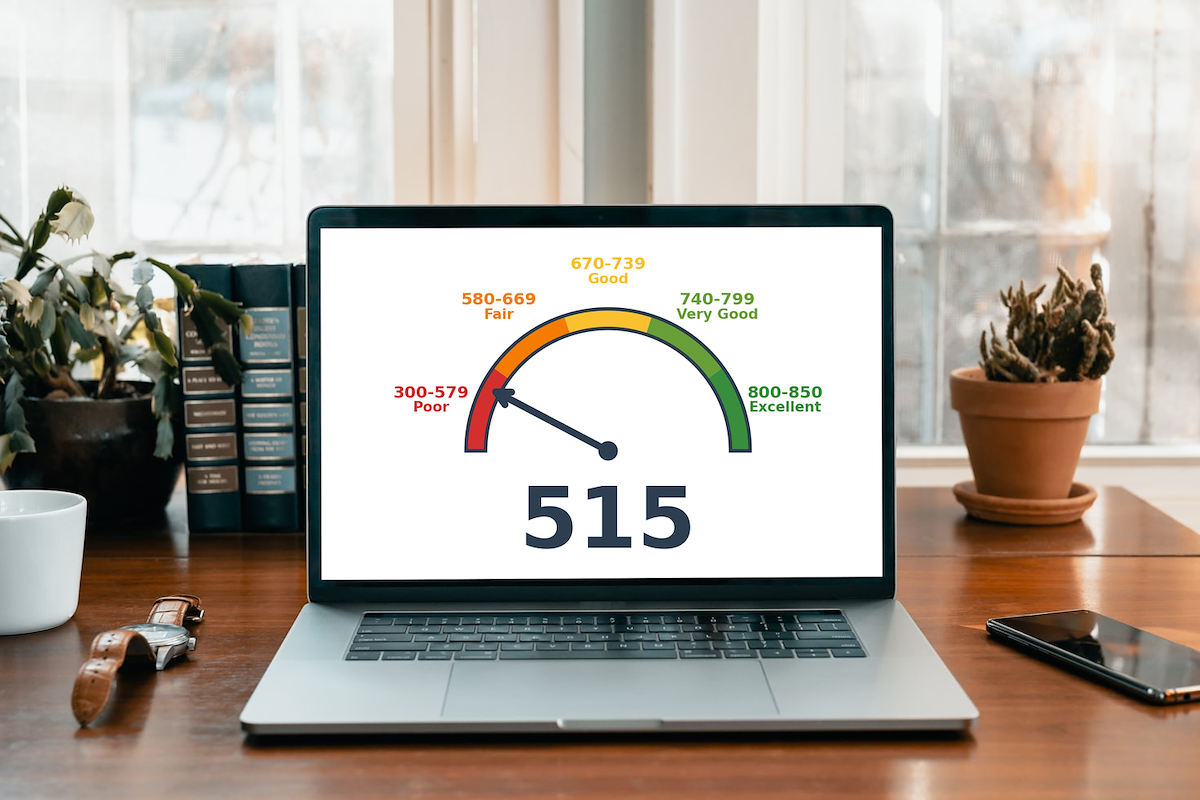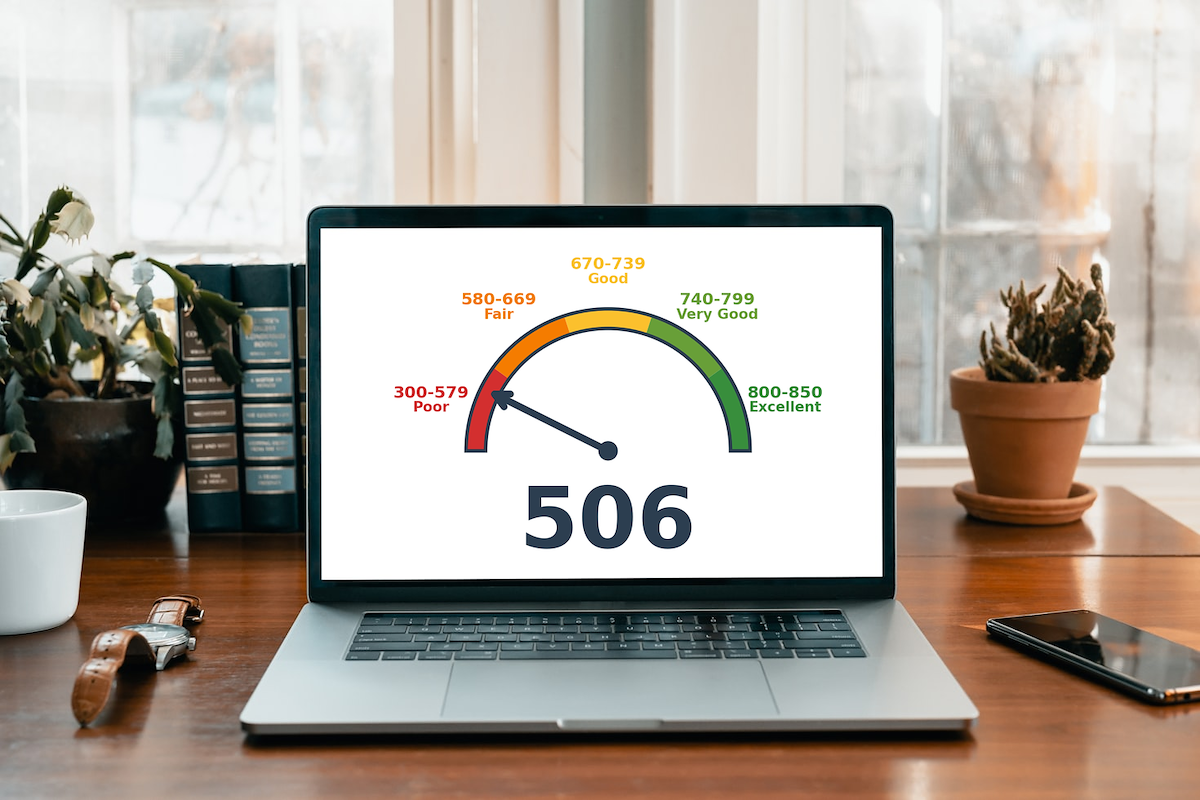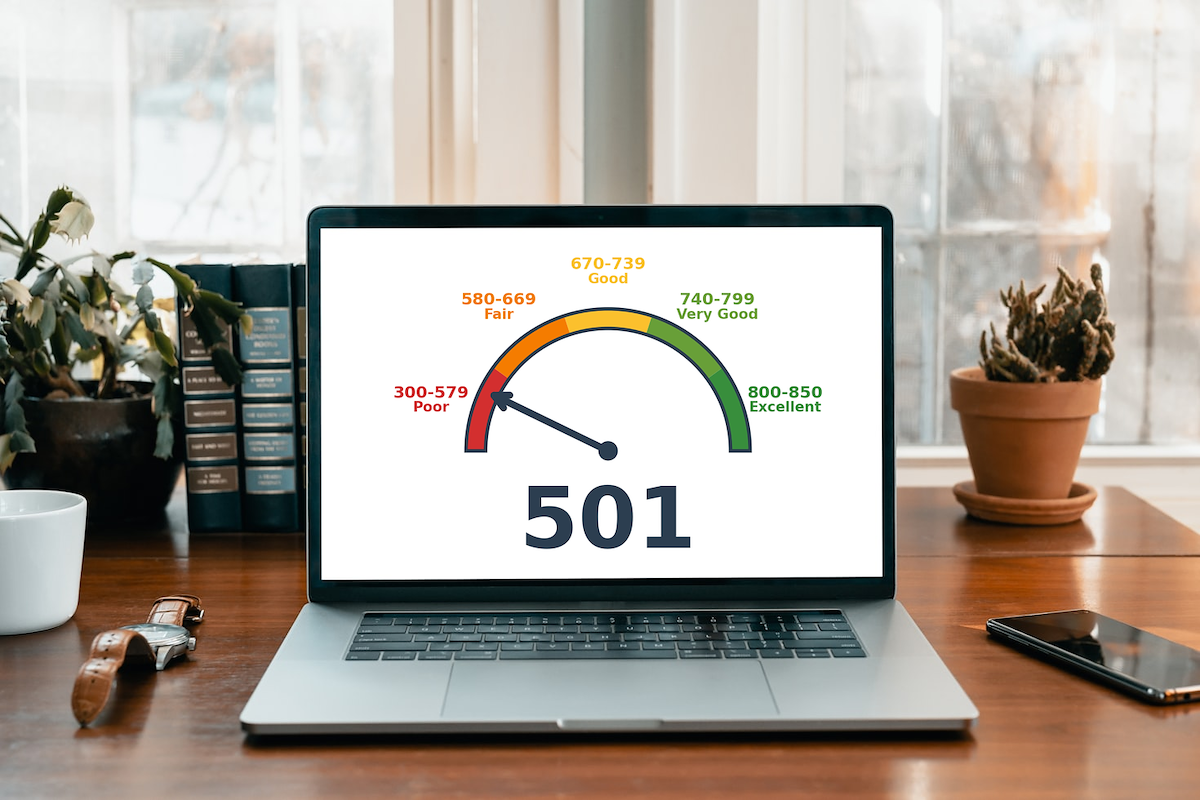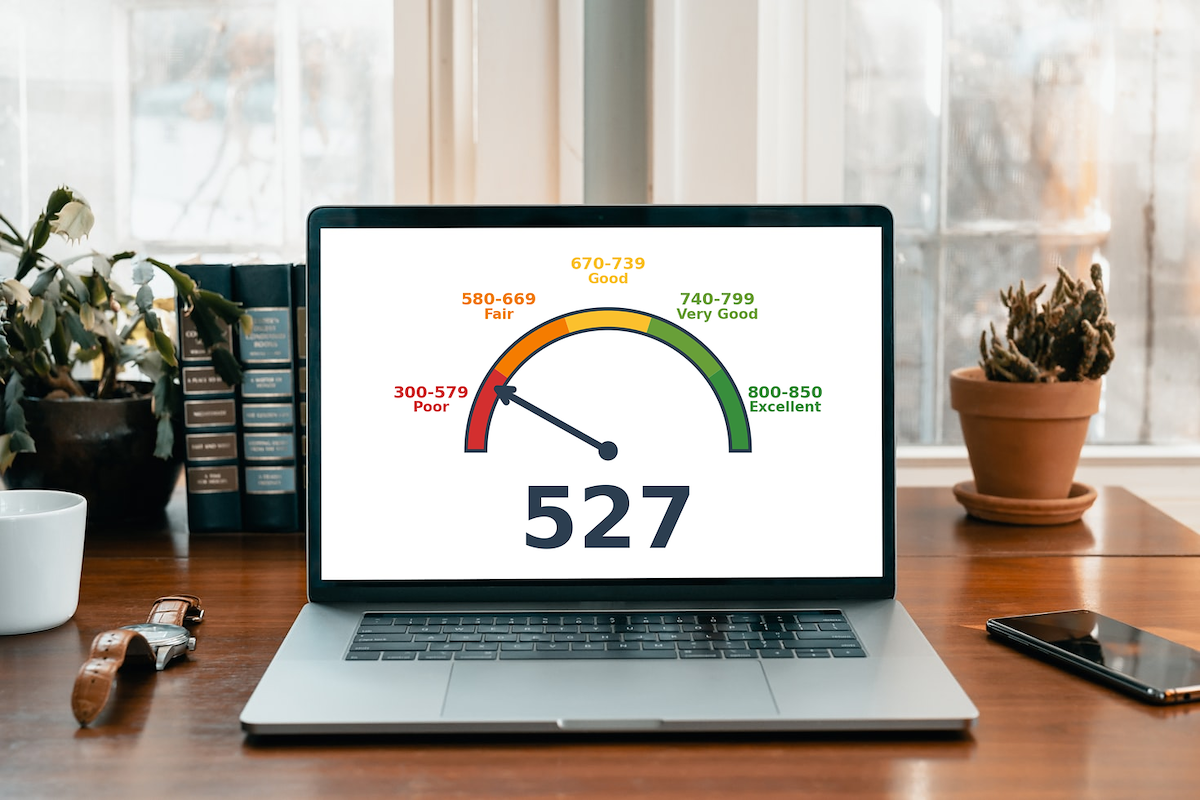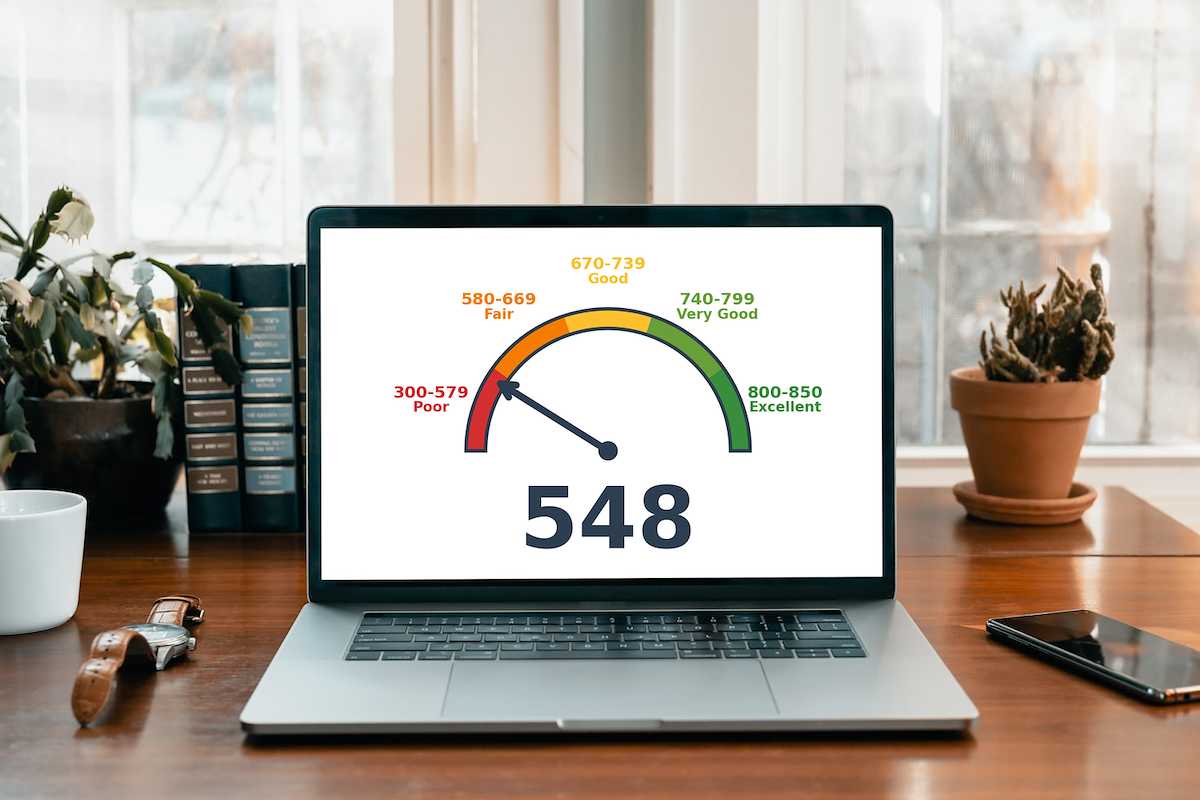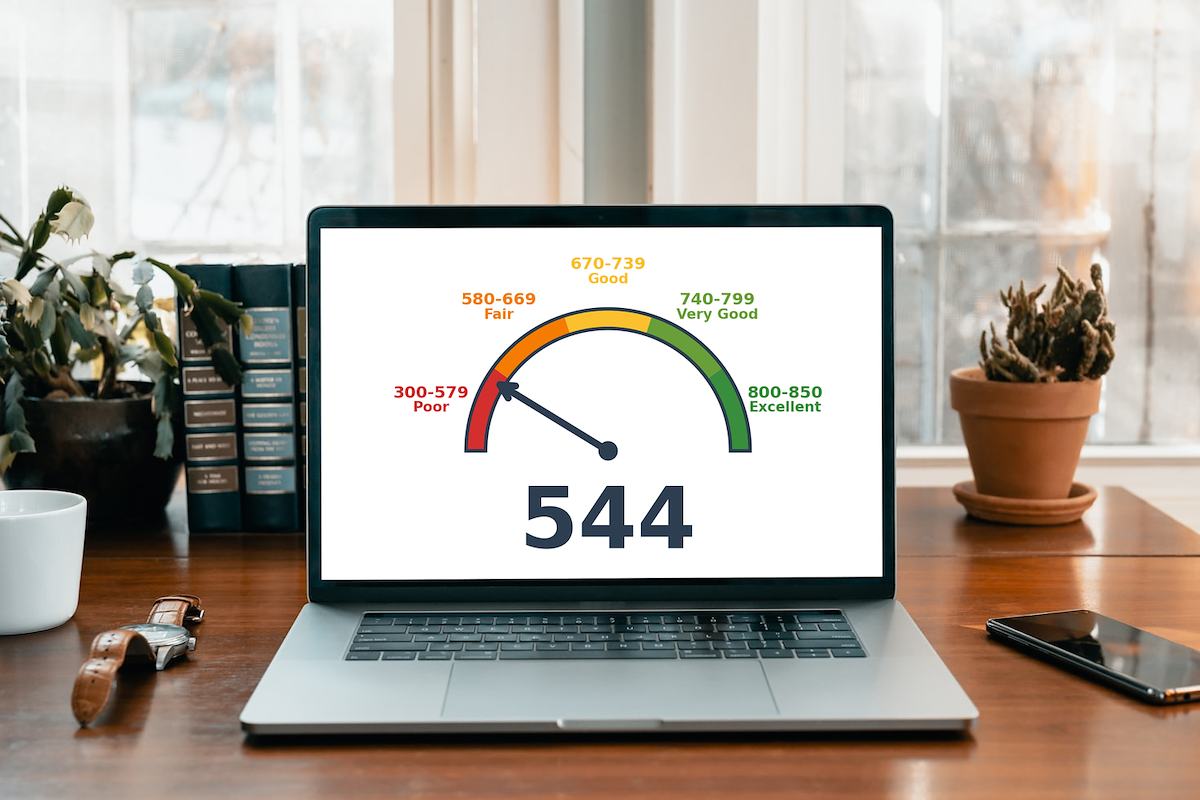
Kudos has partnered with CardRatings and Red Ventures for our coverage of credit card products. Kudos, CardRatings, and Red Ventures may receive a commission from card issuers. Kudos may receive commission from card issuers. Some of the card offers that appear on Kudos are from advertisers and may impact how and where card products appear on the site. Kudos tries to include as many card companies and offers as we are aware of, including offers from issuers that don't pay us, but we may not cover all card companies or all available card offers. You don't have to use our links, but we're grateful when you do!
509 Credit score: What You Need to Know in 2025
July 1, 2025

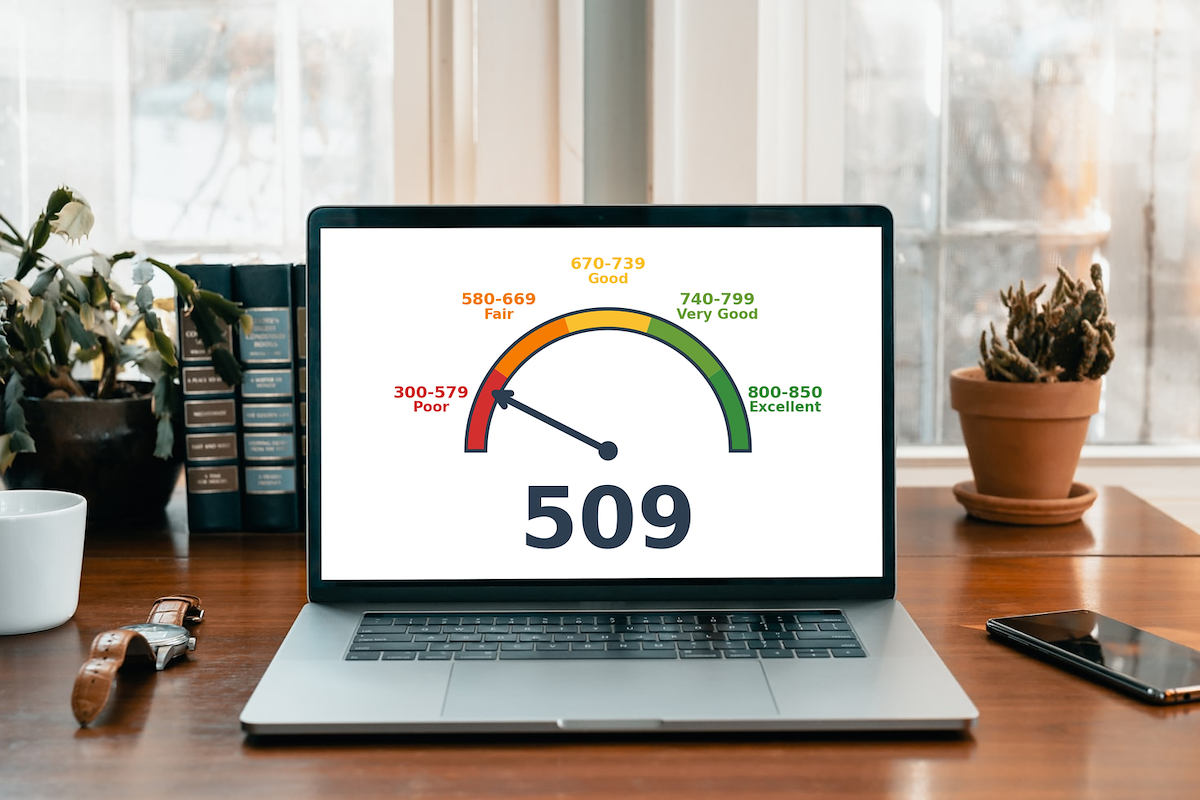
TL;DR
A 509 credit score is a starting point with considerable room for growth on your financial journey. According to the FICO model, this score falls into the 'poor' range, highlighting a clear path forward to building a stronger credit profile.
What Does a 509 Credit Score Mean?
A 509 credit score falls into the "poor" category on the FICO scale, which ranges from 300 to 850. Lenders view this score as a sign of high risk, making it difficult to qualify for new credit cards or loans. If you are approved, you'll likely face higher interest rates and less favorable terms, which increases the overall cost of borrowing money.
While a 509 score presents financial hurdles, it's not a permanent state. Think of it as a snapshot in time, not a life sentence. Scores are dynamic and can change. This score can serve as a baseline, and with time and effort, it's possible to build a stronger credit profile and unlock better financial opportunities in the future.
Who Has a 509 Credit Score?
While individual scores vary, there is a clear trend of credit scores increasing with age. According to 2023 Experian data, the average FICO score breaks down as follows for each generation:
- Generation Z (ages 18-26): 680
- Millennials (ages 27-42): 690
- Generation X (ages 43-58): 709
- Baby Boomers (ages 59-77): 745
- Silent Generation (ages 78+): 760
Credit Cards With a 509 Credit Score
A credit score of 509 falls into the "poor" range, which can significantly challenge your ability to get approved for a traditional credit card. Most lenders view this score as a high-risk indicator, meaning they are less likely to extend unsecured credit due to concerns about repayment. Consequently, your options will likely be restricted to secured credit cards that require a cash deposit or certain unsecured cards specifically designed for building credit, which often come with higher interest rates and fees.
Kudos uses AI-powered tools to help you find the right credit card by personalizing recommendations based on your unique financial situation and preferences. The platform's Dream Wallet feature even offers insights into how a new card could impact your credit score, ensuring you can make an informed decision.
Auto Loans and a 509 Credit Score
A 509 credit score places you in the subprime credit tier, which can make securing an auto loan more challenging. Lenders generally view this score as high-risk, resulting in significantly higher interest rates and less favorable loan terms.
According to a 2025 market analysis, average auto loan rates vary dramatically across different credit score brackets:
- Super-prime (781-850): 5.25% for new cars and 7.13% for used cars
- Prime (661-780): 6.87% for new cars and 9.36% for used cars
- Non-prime (601-660): 9.83% for new cars and 13.92% for used cars
- Subprime (501-600): 13.18% for new cars and 18.86% for used cars
- Deep subprime (300-500): 15.77% for new cars and 21.55% for used cars
Mortgages at a 509 Credit Score
Securing a mortgage with a 509 credit score is challenging, but not impossible. Your most viable path is an FHA loan, which accepts scores down to 500 if you can provide a 10% down payment. Some specialty lenders may also offer non-prime mortgages, but other government-backed loans are typically out of reach as most lenders require higher scores.
A 509 score directly impacts your loan terms. You should expect higher interest rates and fees, making the loan more expensive over time. Lenders will also likely require a larger down payment and may cap your loan amount. Your application will probably undergo manual underwriting, a more intensive review of your finances.
What's in a Credit Score?
Understanding your credit score can feel like trying to solve a complex puzzle, as it's a blend of several key financial habits. The most common factors that determine your score include:
- Your payment history tracks whether you have paid past credit accounts on time.
- Credit utilization is the percentage of your available credit that you are currently using.
- The length of your credit history considers the age of your oldest account and the average age of all your accounts.
- Credit mix refers to the variety of credit products you have, such as credit cards, retail accounts, and loans.
- New credit inquiries and recently opened accounts can also temporarily impact your score.
How to Improve Your 509 Credit Score
No matter your starting point, improving your credit score is an achievable goal that can be accomplished with consistent, positive financial habits. With a focused strategy, it's possible to see meaningful changes in just a few months.
- Monitor your credit reports. You can get free reports from Experian, TransUnion, and Equifax through AnnualCreditReport.com, which allows you to find and dispute inaccuracies that may be unfairly lowering your score. This also helps you track your progress and stay motivated on your credit-building journey.
- Establish automatic bill payments. Your payment history is the most significant factor in your score, so setting up automatic payments is crucial to avoid late marks. This ensures you build a positive payment history, which is essential for recovering from a 509 score.
- Reduce your credit utilization ratio. Lenders prefer to see a ratio below 30%, and lowering yours shows you are not over-reliant on credit. You can achieve this by paying down balances or making multiple payments throughout the month.
- Become an authorized user. Being added to a credit card account with a strong payment history allows you to "piggyback" on their positive credit data. This can be a quick way to add positive information to your credit file, especially if your own history is thin.
To help you make the most of your cards as you rebuild, the Kudos browser extension can recommend the best card for every purchase to maximize your rewards.

Supercharge Your Credit Cards
Experience smarter spending with Kudos and unlock more from your credit cards. Earn $20.00 when you sign up for Kudos with "GET20" and make an eligible Kudos Boost purchase.
Editorial Disclosure: Opinions expressed here are those of Kudos alone, not those of any bank, credit card issuer, hotel, airline, or other entity. This content has not been reviewed, approved or otherwise endorsed by any of the entities included within the post.


















